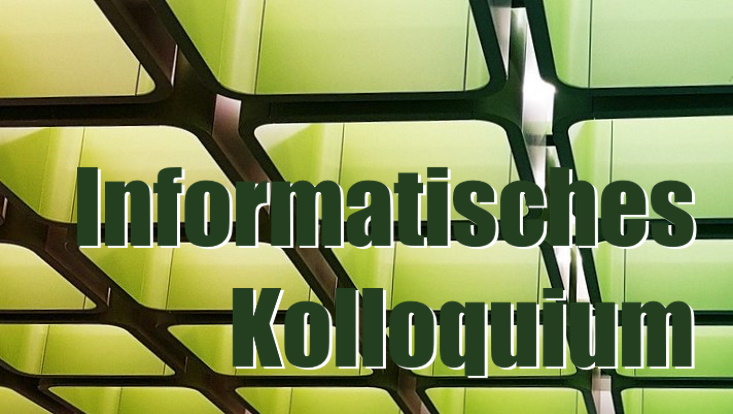Online-Vortrag von Jun.-Prof. Dr. Gregor KasieczkaDeep Learning the hidden life of elementary particles
11. Januar 2021

Foto: UHH/FBI
Im Rahmen des Informatischen Kolloquiums begrüßt der Fachbereich Informatik am Montag, 11.01.2021, um 17:15 Uhr Herrn Jun.-Prof. Dr. Gregor Kasieczka (Universität Hamburg). Das Kolloquium wird online mit Zoom abgehalten.
Speaker
Jun.-Prof. Dr. Gregor Kasieczka
University of Hamburg
Institute of Experimental Physics / Institut für Experimentalphysik
When: Mo, 11.01.2021, at 17:15
Online Lecture via Zoom
You will receive the registration data via an email invitation. Please register for this at https://mailhost.informatik.uni-hamburg.de/mailman/listinfo/kolloquium.
Topic
Deep Learning the hidden life of elementary particles
Language: English
Abstract
Studying the elementary constituents of matter in modern particle physics experiments such as the Large Hadron Collider (LHC) at CERN produces unprecedented amounts of scientific data. At the same time, powerful simulations of fundamental processes and their interactions with detectors are needed to allow the design of sophisticated analyses. Deep learning consequently plays an increasingly important role in all stages of particle physics research: from real-time decision making on FPGAs, over reconstruction, object classification, and simulation. After introducing the scientific environment, I will highlight some recent developments of potentially wider interest, focusing on challenges in detecting anomalies and outliers, uses of generative models and their statistics, and applications for automatic decorrelation of features.
Bio
Diploma in Physics at TU Wien (2009), PhD from Universität Heidelberg (2013) and Postdoc at ETH Zurich (2013-2017). Since 2018 Emmy-Noether group leader ("Searching for displaced signals of naturalness") at Universität Hamburg and currently junior professor for machine learning in particle physics. Research is focused on searching for new particles with the CMS experiment at the CERN LHC and finding creative applications of machine learning to particle physics problems.
Contact
Prof. Dr.-Ing. Timo Gerkmann, Prof. Dr. Frank Steinicke


